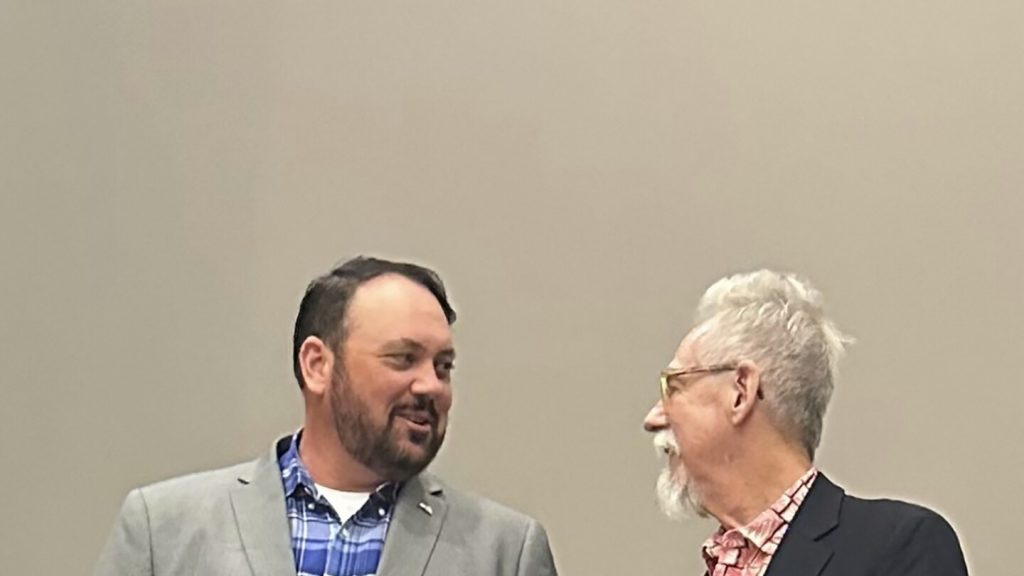The city of Enid, Oklahoma, with a population of just over 50,000, is currently grappling with the issue of whether to remove a city councilor with ties to white supremacist groups. Judd Blevins, a 42-year-old Iraq War veteran who attended the 2017 Unite the Right rally in Charlottesville, Virginia, is facing a recall election on Tuesday. His opponent, Cheryl Patterson, is a grandmother and longtime youth leader at an area church. The recall effort was spearheaded by two longtime Enid residents, Connie Vickers and Nancy Presnall, both Democrats in a county where Republicans have a significant advantage in voter registration.
The number of white nationalist groups in the United States has stabilized at a little over 100 chapters in 2022 after reaching a high of 155 in 2019. However, experts at the Southern Poverty Law Center warn that white supremacist movements have gained legitimacy within the political mainstream. The attendance of U.S. Reps. Marjorie Taylor Greene and Paul Gosar at an event organized by a white nationalist group is cited as an example of this troubling trend. Despite Enid’s predominantly white population, residents are concerned about the city’s reputation, particularly as business recruitment and community diversity are key priorities for local leaders.
Blevins, who has ties to white supremacist groups, admitted to participating in the Unite the Right rally and being connected to Identity Evropa, a now-defunct white supremacist organization. He claimed to now be opposed to racial hate and discrimination but also defended his past actions, citing issues such as securing America’s borders and pushing back against anti-white sentiments as reasons for his involvement. His election to the city council, despite revelations of his ties to white nationalism, has sparked outrage among residents and raised concerns about Enid’s image and values.
Father James Neal, a pastor in Enid, expressed surprise and disappointment over Blevins’ ties to white supremacist groups, stating that it does not reflect the community’s views. Voter apathy and a decline in newspaper readership are believed to have contributed to Blevins’ narrow victory in the election, where only a fraction of registered voters participated. The recall effort has galvanized left-leaning residents in the community, who formed the Enid Social Justice Committee to address issues such as homelessness and student lunch debt.
Despite Enid’s predominantly white population, the community has a history of embracing diversity, with a growing Hispanic population and a large contingent of Marshallese citizens. The recall election has sparked a broader conversation about racial attitudes and political ideologies in the city, prompting residents to take a stand against hate groups and work towards promoting inclusivity and social justice. Moving forward, residents hope to address other important community issues, such as homelessness and education, and continue their efforts to create a more inclusive and equitable community for all.


